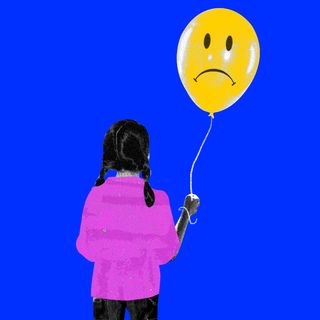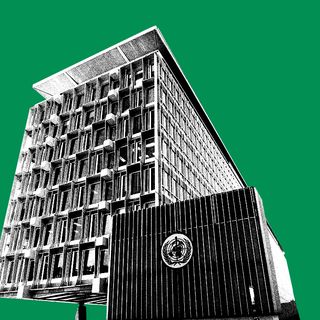The Canadian province of British Columbia is decriminalizing hard drugs, including opioids. This is part of a three-year pilot program kickstarted this week in a bid to combat the crisis of drug overdose, which was declared a public health emergency in the province last year when more than 2,200 people died of drug overdoses. Reports suggest that an average of six people die in British Columbia every day from illicit drug use — often, within their private residences. The province accounts for a third of the 32,000 deaths due to overdose and trafficking in Canada since 2016.
Effective from January 31, 2023, to January 31, 2026, the program has decriminalized the possession of up to 2.5 grams of cocaine, crack cocaine, heroin, fentanyl, methamphetamine, and morphine. The official website of the government of British Columbia states: “It will help reduce the barriers and stigma that prevent people from accessing life-saving supports and services. Substance use is a public health matter, not a criminal justice issue.” In other words, the idea is to rehabilitate drug users rather than imprison them.
Carolyn Bennett, the federal minister of mental health and addictions, called the decriminalization “a monumental shift in drug policy that favors fostering trusting and supportive relationships in health and social services over further criminalization”.
Backing the move, Kora DeBeck, a research scientist at the BC Center on Substance Use in Vancouver, explained that compassionate treatment works better at curbing drug use than prohibition. DeBeck believes decriminalization will improve the ability of the state “to connect with people who use drugs — [by] connect[ing] them with supports and services and things to reduce harm to them, and to their community.” Essentially, by doing away with the practice of treating drug users as criminals, reform efforts can focus on referring them to institutions that could guide them to recovery.
Related on The Swaddle:
New Cannabis Research Debunks the Myth of ‘Lazy Stoners’
Research indicates that imprisoning drug users doesn’t lower substance abuse. “[D]ecriminalization model is a basic harm reduction approach, mitigating the harms experienced by people who use drugs by eliminating or minimizing the source of those harms: criminalization,” Alissa Greer, an assistant professor in the School of Criminology at Simon Fraser University, had written in 2021.
A 2007 study noted that decriminalization has, in fact, worked in the Netherlands, with hardly any new addicts being registered by the state. Meanwhile, existing users received support, and were also guided through the process of being employed and building their lives back up.
Turnbridge, an addiction treatment center in the U.S., states: “While law enforcement strategies are important to curtail drug trafficking and stop the illegal production of drugs, those battling addiction need professional treatment to reduce dependency… Professional drug treatment and therapy, supplemented by efforts like job training and prevention programs, is by far the best course of action for non-violent individuals battling a substance use disorder.”
It is pertinent to note, though, that hard drugs aren’t legalized in the province — just decriminalized. In legal jargon, the latter means that the usage of the substances will continue to be prohibited, but will no longer entail prosecution. It can further curb the usage of drugs laced with harmful chemicals that can further endanger public health and safety. The move to decriminalize possession of the drugs will prevent people from approaching unreliable sources in moments of desperation, DeBeck hopes.




